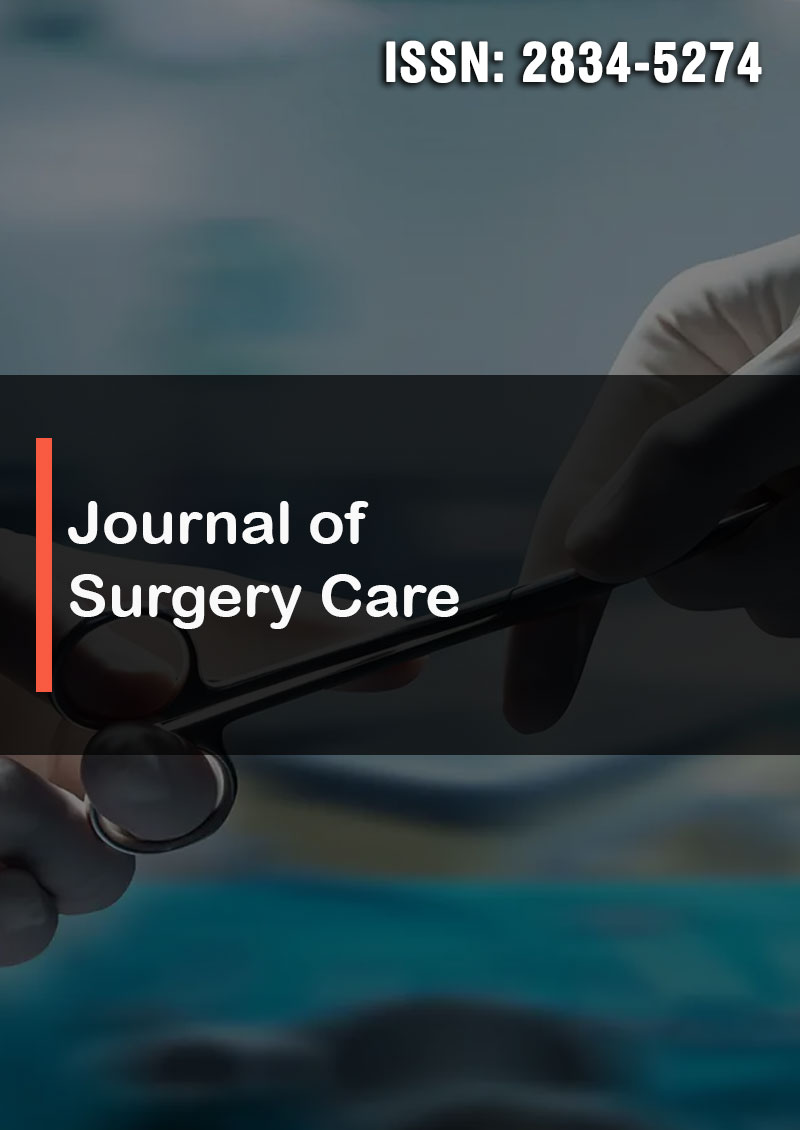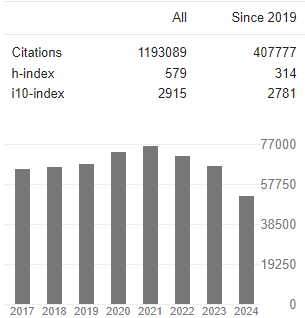Assessment of Incidence and Associated Risk Factors of Awareness with Recall Under General Anesthesia in Non-Cardiac and Non-Obstetric Patients in Tikur Anbessa Specialized Hospital, Addis Ababa From May 2021 to October 2021, Addis Ababa, Ethiopia
Abstract
Zemed Geleta Eshete, Yidersal Demsie Denberu, Semira Endris and Faiza Hulala
Introduction General anesthesia involves administering drugs to induce hypnosis, amnesia, and stress suppression during surgery. Anesthesia awareness, an unintended event where patients recall experiences during anesthesia, can lead to long-term psychological effects.
Objective This study evaluated the incidence and risk factors associated with awareness under general anesthesia among non-cardiac and non-obstetric patients at Tikur Anbesa Specialized Hospital (TASH), Addis Ababa, Ethiopia, from May to October 2021.
Methodology A prospective cross-sectional study was conducted at TASH using the modified Brice questionnaire and Aldrete score to assess intra-operative awareness and wakefulness. Systematic random sampling was used to select patients assessed in the Post- Anesthesia Care Unit (PACU) and ward. Data were analyzed using SPSS version 25, and logistic regression was used to determine variable associations (p < 0.05).
Results The study included 354 patients (response rate: 96.4%); 58.7% were male, and 41.5% were female, with a mean age of 39.3 years. The incidence of awareness with recall was 11.7%, while dreaming occurred in 9.1% of patients. Awareness was significantly associated with muscle relaxants (OR 2.793, 95% CI 1.872-1.948, p = 0.003). Dreaming was more common in females.
Conclusions The incidence of awareness was higher than in many global studies, with consistent risk factors, particularly the use of muscle relaxants. Dreaming was more common among females.
Recommendations Anesthesia providers should monitor intra-operative awareness, manage muscle relaxant dosages, and maintain anesthesia equipment, including gas and depth monitors





